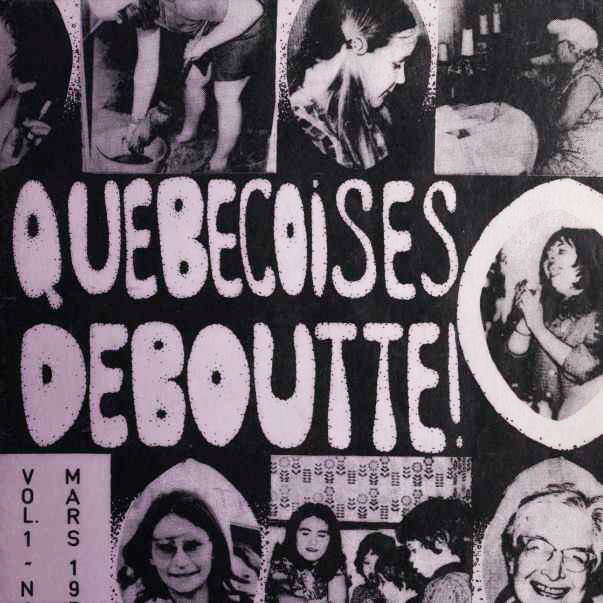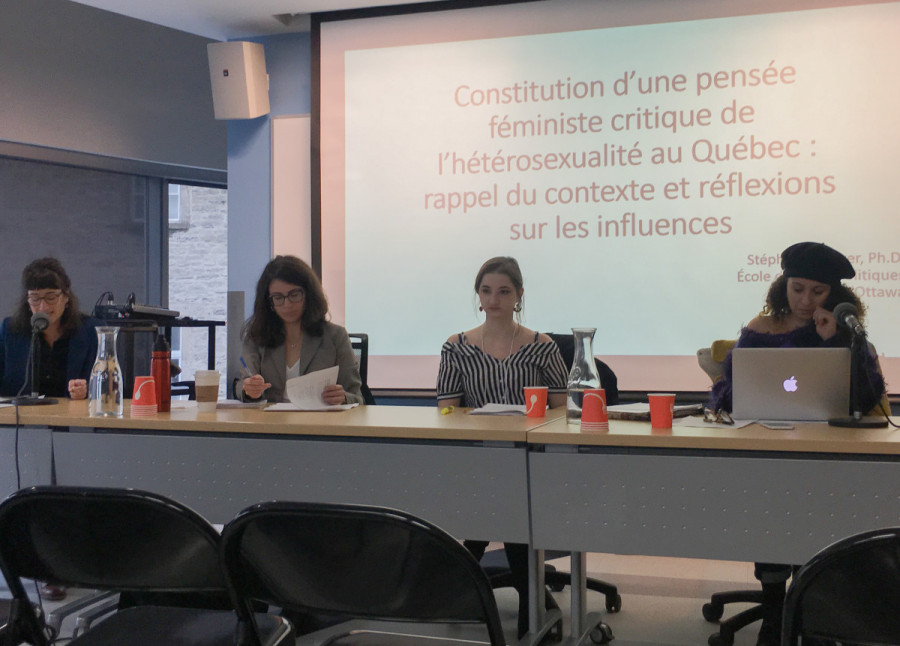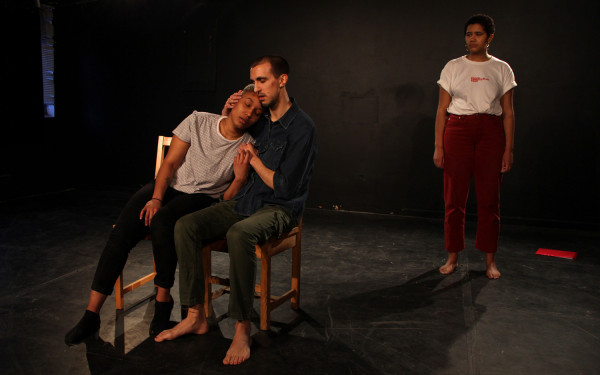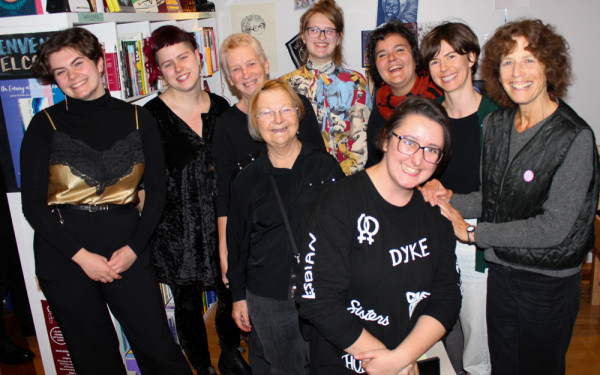Toujours Deboutte! Yields a Discussion on Inclusivity in Feminist Events
Problematic Comments Left Some Feeling Frustrated
Toujours Deboutte! Perspectives sur le renouveau féministe au Québec, a feminist event composed of diverse panels, took place at Université du Québec à Montréal on Nov. 21 and 22.
The panelists—who came from New York, Laval and Montreal—included Concordia doctorate student Laurence Hamel-Roy. They responded to a call for papers where they were then chosen by a scientific committee to discuss their work.
Covering topics such as feminist ethics, artistic and militant trajectories and issues about representation, there was sure to be a topic that interested any feminist.

This month marked the fiftieth anniversary of the walk that led to the creation of “Le Front de Libération des Femmes du Québec” (FLF), a feminist group that made significant strides for gender equality in Québec. Marie-Andrée Bergeron, one of the organizers of the event, says they took this as an opportunity to “relaunch the discussion of where we are and how we’re carrying the history of the feminists.”
After the panel “At the Frontiers of Feminist Solidarity,” attendee Yasmine Belam said she was disappointed with some of the panelists as well as the group discussion at the end of the panel.
She finds herself particularly interested in the intersectionality of feminism—which refers to the way a combination of different socio-cultural factors such as race, gender, sexuality create different experiences—and the experiences of people of colour in feminism. The panelists talked about sexual orientation and different power dynamics. When it came to the panelist talking about Muslim women in feminism, she found herself thinking that the discussion was “not good enough, especailly when white people talk about it.”
“Even here, there can be violent things that are said thoughtlessly.” —Yasmine Belam
Belam also found herself frustrated after the discussion period, where she says members in the audience made transphobic and racist comments. She was frustrated that “even here, there can be violent things that are said thoughtlessly.”
While there were a few hiccups including a fire alarm drill and some hostility on both days, Bergeron said they accomplished the goals they had set for themselves. When it comes to the discussions throughout the two days she said they were “rich and an intergenerational space was created” amongst students, professors, activists, community members, etc.

While intersectionality within feminism seemed to be a common thread between the different panels—and the general sentiment of the audience—it also caused a lot of frustration between some attendees. Bergeron thinks that when it comes to feminist discourse, it is important to have a scientific and “academic approach so that we can come up with topics and conseptualize issues that wouldn’t be brought up otherwise.”
While it is clear that there are still strides to be made to have a fully inclusive feminist community, Bergeron says that discussions such as the ones that they had are important for the advancement of the movement because they get to re-evaluate “where we stand in the feminist movement and to reflect where we want to go.”







